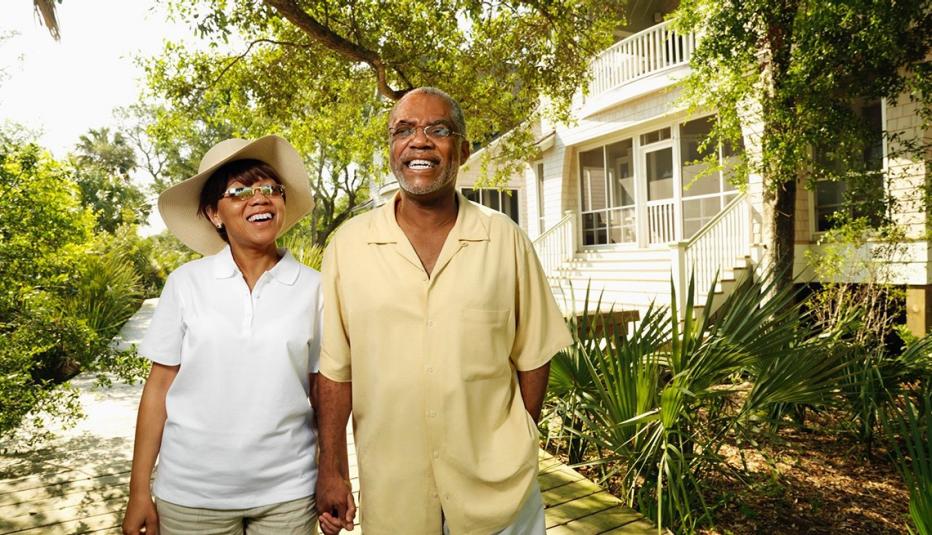Staying Fit
Recent survey reveals older adults are poised to bounce back after the pandemic has taken its toll on their mental and emotional well-being.


Experiencing the pandemic has had a negative emotional impact on most of us. This study illuminates where older adults are emotionally right now and how they are managing their emotional and mental well-being. This study also demonstrates that despite the challenges to emotional and mental well-being, most older adults say they are resilient and expect to be able to bounce back from these challenges. However, a deeper dive suggests some older adults may benefit from help with managing their emotional and mental well-being.
While most older adults say their emotional and mental health are very good, many say they have been bothered by anxiety and depression.
When asked about mental health, two-thirds of older adults age 50-plus say their emotional (64%) and mental (66%) well-being are excellent or very good. However, when asked about specific emotional health measures, we find, two weeks prior to the study:
- 45% had been bothered by anxiety.
- 34% say they had little interest or pleasure in doing things.
- 31% had feelings of depression or hopelessness.
- 52% had difficulty falling asleep or staying asleep.
In addition to COVID, increased anxiety among the 50-plus can be attributed to personal challenges, domestic politics, and the Russian invasion of Ukraine.
Most (61%) older adults age 50-plus say they have experienced some level of anxiety in the past year. Experiences related to the COVID-19 pandemic can be seen as the primary culprit related to the level of anxiety felt by those ages 50-plus. Three in ten (31%) say experiencing the COVID-19 pandemic has increased their level of anxiety.
While older adults have faced emotional challenges over the past few years, they are resilient and feel they have what it takes to bounce back and thrive.
Even with raised stress levels and anxiety, older adults age 50-plus say they are resilient. When asked to rate their level of resiliency from 1 (lowest) to 10 (highest) the average rating was between 7 and 8. In fact,
- 58% rate their level of resiliency as high (8, 9, or 10 out of 10).
- 77% say their level of resiliency has not changed since the start of the pandemic.
- 13% say their level of resiliency has actually increased in the past two years.
However, when asked about specific measures of resiliency, a sizable number of older adults struggle with adapting and bouncing back when things don’t go as planned and/or during hardship. For example, roughly four in ten do not bounce back quickly after hard times. Also, significantly fewer older adults ages 50 to 59 say they tend to bounce back quickly (56% for those ages 50 to 59 vs. 64% for the 60-plus).
While it is understandable to see a decline in mental health or emotional well-being during trying times, this is not a normal part of aging. To combat possible hesitation on the part of older adults to seek help with managing their emotional health, it is important that access to mental health treatment is easy, seamless, and normalized. Ensuring mental health and emotional well-being are addressed during all medical visits is an invaluable step toward ensuring older adults receive comprehensive care.
Methodology
This national survey was conducted using NORC at the University of Chicago’s AmeriSpeak 50+ Omnibus probability-based sample. AmeriSpeak is designed to be representative of the U.S. household population. All data are weighted by age, gender, and race according to the most recent Census population statistics.
A total sample of 1,964 adults ages 50-plus with multicultural oversamples of African Americans/Blacks (441 total) and Hispanics/Latinos (405 total) and LGBTQ (n = 228) were surveyed online and by telephone between February 24 and March 1, 2022. A portion of the multicultural samples came from the national survey sample. The survey was conducted in English and Spanish.
For more information, please contact Cheryl L. Lampkin at clampkin@aarp.org. For media inquiries, contact External Relations at media@aarp.org.































































